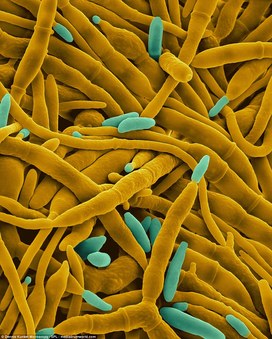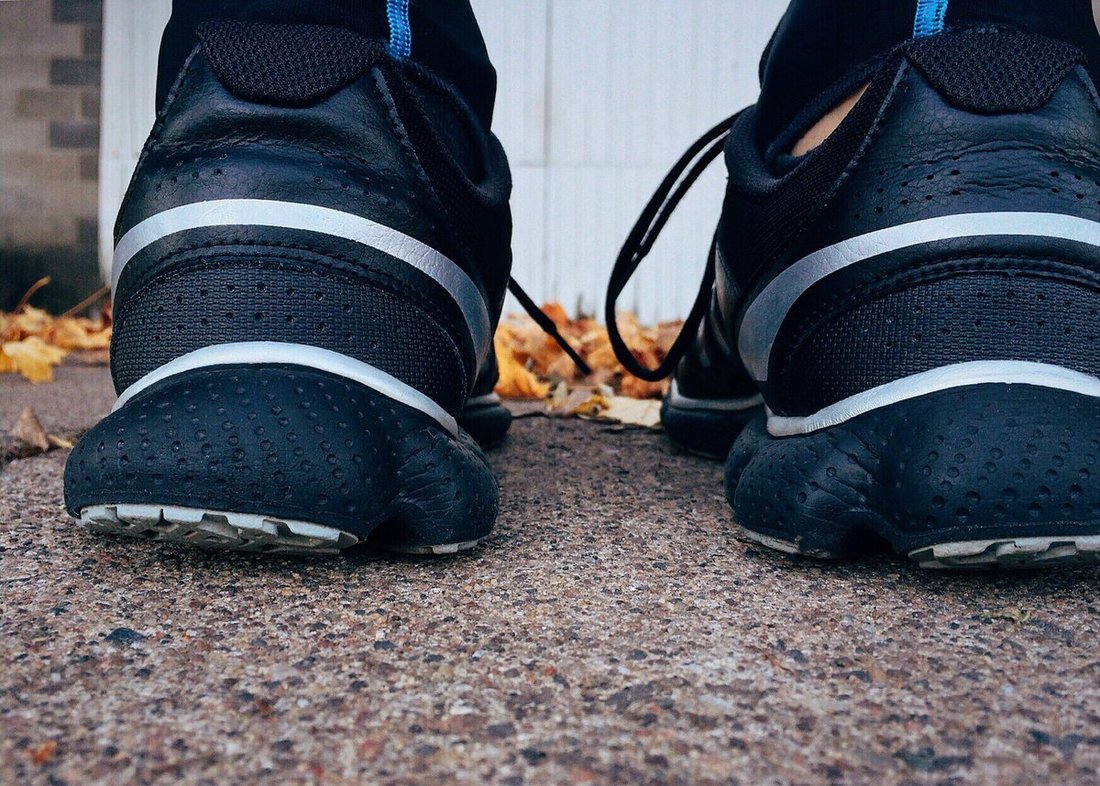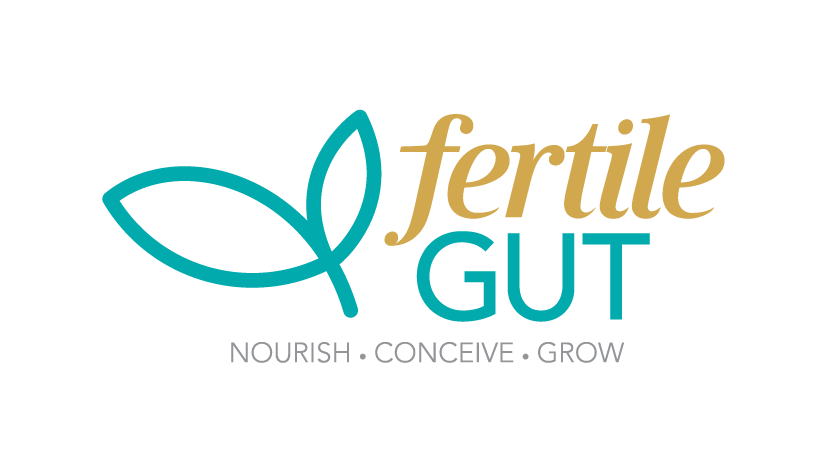|
The amount of sleep we get impacts our production of hormones, how we regulate blood sugar and can also affect our weight.
It is not too much of a surprise then that missing out on quality sleep can also affect our fertility. Sleep disruption, or not getting enough sleep, can alter levels of reproductive hormones, affecting ovulation, endometrium receptivity and libido! Aim for 7-8 hours of undisturbed sleep a night. A great excuse to hit the pillow early! Blood is a great transporter of heat so areas of the body with good blood flow will have a higher skin temperature. Some research has linked an increased risk of miscarriage to reduced uterine blood flow and interestingly, abdominal temperature in infertile women is lower than that of fertile women, suggesting reduced blood flow to the uterus. Increased fertility stress has also been associated with reduced endometrial blood flow.
SO HOW DO YOU INCREASE CIRCULATION TO YOUR REPRODUCTIVE ORGANS? Anytime muscles contract they generate heat. Repeated muscle contraction, which happens during exercise, will also lead to greater blood flow. With increased blood flow comes an increase in the delivery of oxygen to tissues – an essential fuel for our cells to function and grow. The right intensity of exercise increases blood flow immediately. A super easy, free way to boost blood flow! Endometriosis is an inflammatory condition and common cause of infertility. For 20% of people seeking fertility treatment it is the sole reason they require assisted reproductive technologies.
A recent study shows that eggs retrieved from women with endometriosis are less likely to mature once collected, have altered morphology and lower levels of mitochondria which are considered the powerhouses of our cells essential for growth and maturation. How Can You Improve Your Chance of Success with IVF? Physical activity reduces inflammation, increases the number of mitochondria and improves egg quality. Engaging in regular exercise is also beneficial for stress reduction and stress is known to exacerbate endometriosis and associated inflammation. Unsure where to start? Get professional advice at theivfproject.com We produce free radicals with every breath. Free radicals are important in signaling pathways and stimulating positive adaptations but too many free radicals or not enough antioxidant defenses leads to greater oxidative stress.
Oxidative stress is linked to DNA damage of eggs and sperm and more recent research suggests that a higher level of oxidative stress following stimulation for egg retrieval is associated with poorer outcomes from stimulation cycles.. How do you Reduce Oxidative stress or raise your antioxidant defenses? Proven strategies include:
Knowing where to start can be difficult and overwhelming. Get advice from the experts that have helped women and men achieve their dream. Join us at www.theivfproject.com We have an important relationship with the microbes (mostly bacteria) that live in and on us. They help us extract nutrients from food, fight infection and can even affect our mood!
Our diet, activity levels, stress and medication can all have an impact on the diversity of our microbiome. Low diversity is associated with a number of metabolic diseases, gastrointestinal diseases and obesity. Did you know that the microbes in the fluid surrounding your eggs (follicular fluid) can influence IVF outcome? Beneficial populations of microbes found in sperm are also associated with improved sperm quality. Want to improve your microbial diversity? PROVEN strategies include exercise and diet. Get moving and include some onion, leek, wheat bran and banana in your diet. Unsure where to start? Join us at www.theivfproject.com! Doing everything you can to improve your chance of success? We have written for our friends at FertilitySmarts with The IVF Project's top things you need to know about the role of exercise in your treatment.
Head over to our friends at FertilitySmarts to find out what you need to know! The bonus is that educating yourself and engaging in lifestyle change can increase the chance of IVF pregnancy by 40%. Without a clear purpose it is hard to find the motivation to move more. Thinking about WHY you want to exercise more is a great place to start. Would you like to:
Once you have a clear goal in mind, make a plan. Think about the activities you will do and when you will do them. A plan will help keep you on track and motivate you! Exercise is one 'tool' in your resilience coping tool box and a morning walk each test day was my saving grace! Other coping strategies may involve:
Have you heard the old saying "Failure to Prepare is Preparing to Fail"?Preparing yourself for fertility treatment is no different. At a minimum, a three month investment in making positive lifestyle changes that include exercising right could make a big difference to your treatment success, which translates to saving you treatment cycles, saving your emotional sanity and saving you money!
If you conceive, this is just the start of a very long journey where your health has a direct influence on not only the health of your pregnancy but your child’s health. Exercise during pregnancy reduces gestational diabetes, low back pain, assists with gestational weight control and reduces the need for a caesarean. Exercise during pregnancy also boosts newborn brain development so start planning not just for the timing of your trigger shots but for a healthy pregnancy and beyond! The health of your mitochondria is a great indicator of the success of fertilisation and embryo development. So what are mitochondria and why are they important?
Cells need energy to grow and the most important part of a cell involved in energy production are the little bean shaped mitochondria - the cell powerhouse! Maturing eggs, developing sperm and embryo growth all require energy so healthy mitochondria are beneficial for your treatment outcome. While science is learning more about the importance of mitochondria for healthy embryos, we know that poorly functioning mitochondria are implicated in a number of diseases. How do we get our mitochondria healthy? Exercise has been shown to improve mitochondria function, not only in skeletal muscle to improve regulation of sugars and reduce oxidative stress, but more recently in developing eggs and sperm in mice. Powering up your mitochondria could make the difference! |












